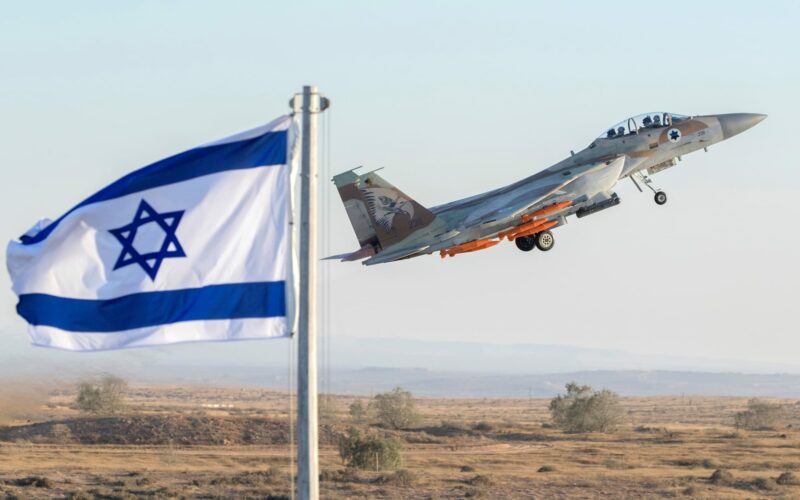Israel originally intended to launch a more expansive strike against Iran, but opted for a scaled-back approach following diplomatic pressures from allies to prevent further escalation.
According to senior Israeli officials, plans for a broader counterstrike against Iran were initially discussed, targeting multiple military sites, including those near Tehran, in retaliation for Iran’s strike on April 13. However, concerted diplomatic efforts from the United States and other foreign allies, coupled with the successful defense against the Iranian assault on Israeli soil, led Israel to reconsider its strategy.
The Israeli leadership, under Prime Minister Benjamin Netanyahu, initially contemplated a defensive operation to thwart the anticipated Iranian attack, collaborating closely with the U.S. Central Command, as well as British, French, and Jordanian military forces. Simultaneously, preparations were made for a significant offensive response in case of an Iranian strike. However, as Iran’s attack materialized with an unexpectedly large barrage of missiles, drones, and cruise missiles, Israel’s defense measures, supported by international partners, effectively neutralized most of the threats, minimizing ground damage and altering Israel’s response strategy.
Following a pivotal phone call between Prime Minister Netanyahu and U.S. President Biden, where President Biden encouraged Israel to perceive the successful defense as a victory that required no further retaliation, Israel shifted its stance. Rather than pursuing a wide-ranging counterattack that might prompt a reciprocal response from Iran, Israeli officials opted for a more restrained approach aimed at conveying a message to Iranian officials without causing public humiliation.
The actual attack, executed early on Friday morning, involved a limited strike using small drones, strategically positioned to avoid significant damage while still demonstrating Israel’s military capabilities. By downplaying the impact and refraining from attributing responsibility for the assault, Israel aimed to mitigate the risk of further escalation and allow Iran to move forward without losing face.
While tensions between Israel and Iran persist, the measured response from both sides following the recent events reflects a desire to avoid a larger conflict and maintain stability in the region.








